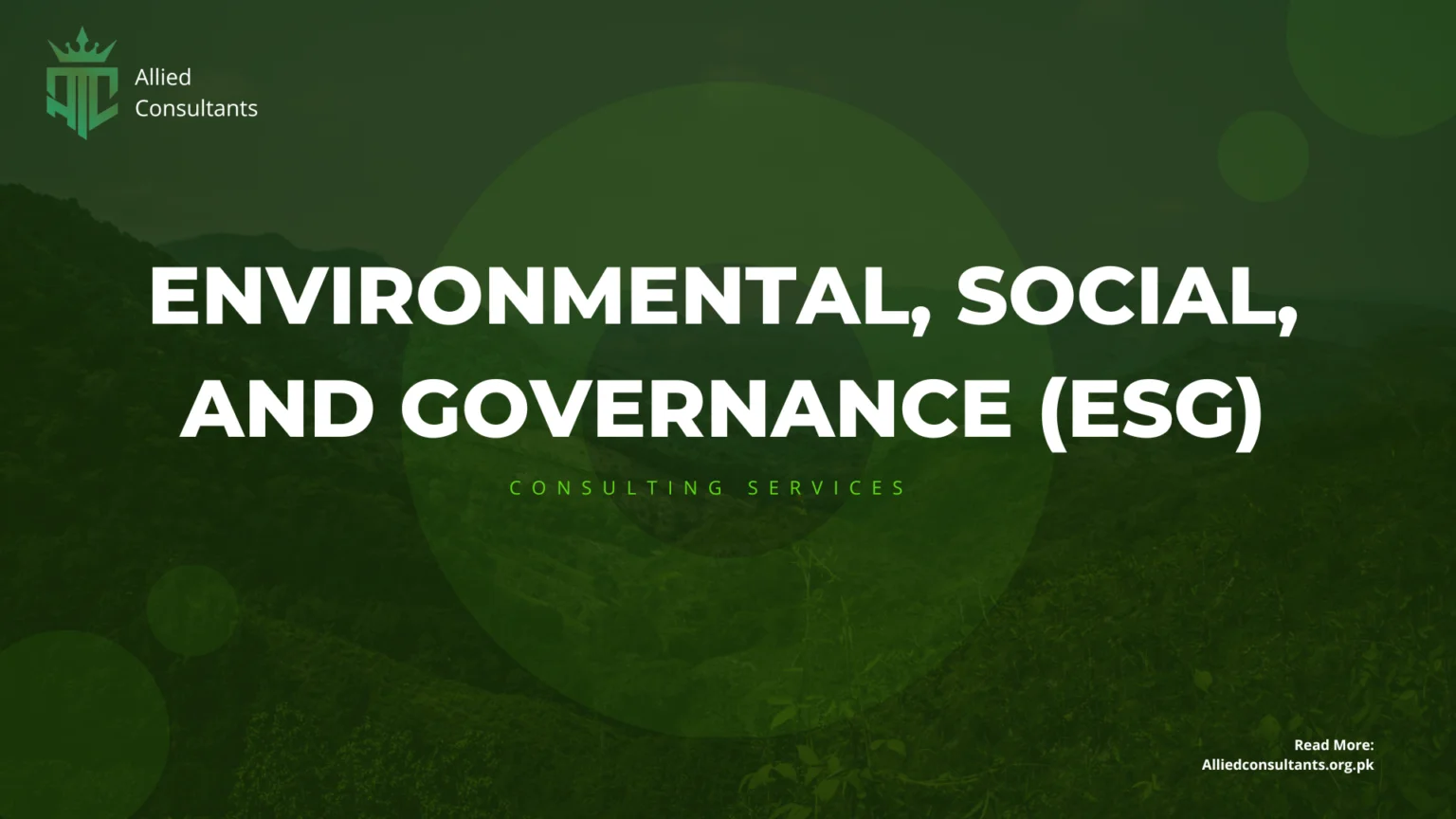
ESG (Environmental, Social, and Governance) solutions for businesses are becoming increasingly important as companies recognize the need to integrate sustainability and ethical considerations into their operations.
When considering ESG consulting, it’s important for businesses to align their initiatives with their specific industry, goals, and stakeholder expectations. Consulting with ESG experts and integrating these solutions into overall business strategies can contribute to long-term sustainability and resilience.
There isn’t a single universally recognized ESG (Environmental, Social, and Governance) certification that applies to all businesses. However, there are various standards, frameworks, and certifications that businesses can pursue based on their specific industry, geographical location, and ESG priorities. These certifications and frameworks help companies demonstrate their commitment to sustainable and responsible business practices.
Global Reporting Initiative (GRI): GRI provides a comprehensive framework for sustainability reporting, covering economic, environmental, and social aspects. Organizations can use GRI Standards to report their ESG performance.
Sustainability Accounting Standards Board (SASB): SASB provides industry-specific standards for the disclosure of material ESG information to investors. It focuses on financially material information related to ESG factors.
Carbon Trust Standard: This certification recognizes organizations that measure, manage, and reduce their carbon footprint. It can be particularly relevant for businesses aiming to showcase their efforts in carbon reduction.
ISO 14001 (Environmental Management System): While not specifically an ESG certification, ISO 14001 is an internationally recognized standard for environmental management systems. It helps organizations manage their environmental impact effectively.
ISO 26000 (Social Responsibility): This standard provides guidance on social responsibility, addressing social, economic, and environmental aspects. It is not a certification but offers guidelines for integrating social responsibility into organizational practices.
B Corp Certification: B Corps are certified by the nonprofit B Lab and meet high standards of social and environmental performance, accountability, and transparency. B Corp certification is often sought by companies with a strong commitment to social and environmental responsibility.
Task Force on Climate-related Financial Disclosures (TCFD): TCFD provides recommendations for voluntary climate-related financial disclosures. While not a certification, adherence to TCFD guidelines is becoming a standard for climate-related reporting.
Fair Trade Certification: Focused on social responsibility, Fair Trade Certification is applicable to businesses involved in the production and trade of goods. It ensures fair wages, safe working conditions, and environmental sustainability.
Whether you are an individual looking to enhance your skills or an organization striving for excellence, Allied Consultants is here to support your journey. Contact us today to learn more about our training programs and how we can help you achieve your goals.